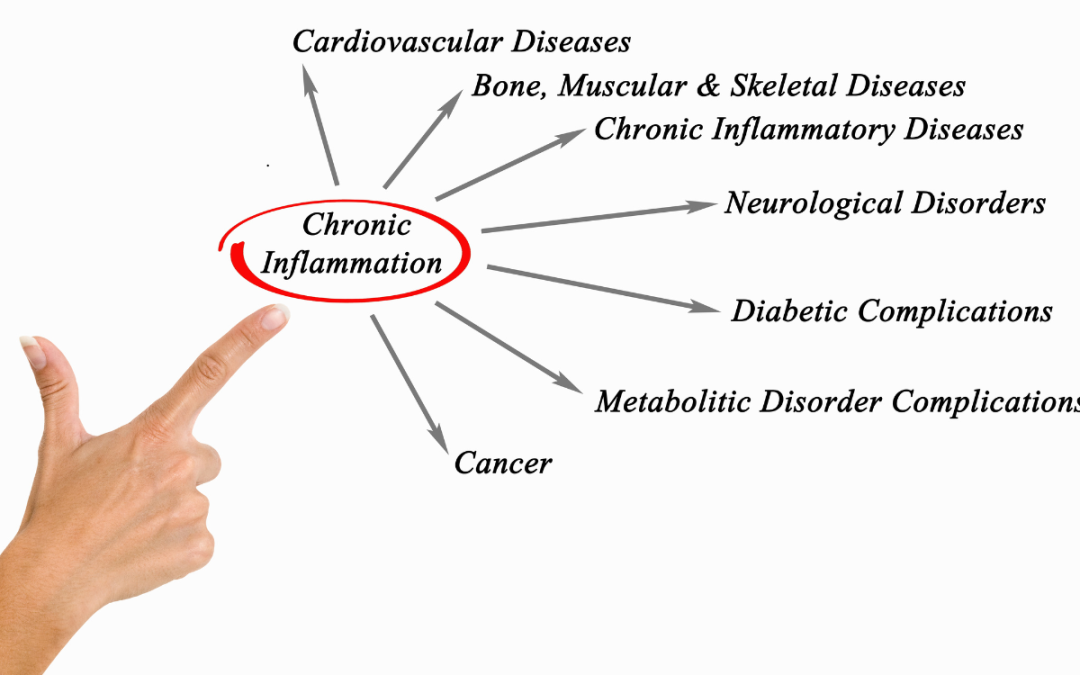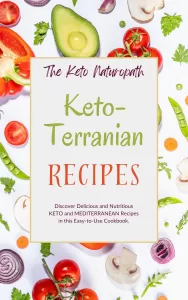Chronic inflammation is often dubbed the “silent killer” due to its subtle yet destructive impact on the body. Linked to a host of diseases like arthritis, heart disease, and diabetes, managing chronic inflammation is crucial for maintaining good health. Surprisingly, the ketogenic diet, widely known for its weight loss benefits, also packs a punch when it comes to fighting inflammation. Let’s explore how the keto diet’s anti-inflammatory properties can help reduce chronic inflammation and promote better health.
What is Chronic Inflammation?
Chronic inflammation is the body’s prolonged response to harmful stimuli, including pathogens, damaged cells, and toxic compounds. Unlike acute inflammation, which is a short-term response, chronic inflammation persists and can lead to various health issues over time. Symptoms are often subtle, making it challenging to detect and manage without a strategic approach.
How the Keto Diet Helps Combat Chronic Inflammation
The ketogenic diet is a low-carbohydrate eating plan that forces the body to enter a state of ketosis. During ketosis, the body shifts from using glucose as its primary energy source to burning fats, producing ketones. This metabolic state has been shown to have numerous health benefits, including reducing chronic inflammation.
Reduction of Pro-Inflammatory Markers
Research indicates that the keto diet lowers levels of inflammatory markers such as C-reactive protein (CRP). High CRP levels are commonly associated with chronic inflammation and an increased risk of cardiovascular diseases.
Decreased Production of Free Radicals
By lowering carbohydrate intake, the keto diet reduces blood sugar levels, which in turn decreases the production of free radicals. These free radicals are notorious for causing oxidative stress and inflammation in the body.
Balanced Insulin Levels
High insulin levels can trigger inflammatory pathways. The keto diet helps maintain stable blood sugar and insulin levels, thereby reducing the risk of inflammation.
Enhanced Gut Health
A healthy gut microbiome is essential for controlling inflammation. The keto diet promotes the growth of beneficial gut bacteria, which play a pivotal role in managing inflammation.
You can download my FREE Keto-Mediterranean recipe book here.
Real-Life Benefits of Reducing Chronic Inflammation
People who adopt the keto diet often report significant improvements in inflammatory conditions. For instance, individuals with arthritis notice reduced joint pain and swelling. Those suffering from cardiovascular issues experience better heart health markers. The diet’s anti-inflammatory effects also extend to neurological conditions, potentially offering relief for diseases like Alzheimer’s and multiple sclerosis.
Additional Considerations and Tips
While the keto diet can be highly effective in reducing chronic inflammation, it’s essential to follow the diet correctly to reap its full benefits. Here are some tips to ensure you’re on the right track:
- Choose Healthy Fats: Opt for sources like avocados, olive oil, and fatty fish. Avoid trans fats and highly processed oils.
- Monitor Your Macronutrient Intake: Keep your carb intake low and ensure you’re consuming adequate protein and fats.
- Stay Hydrated: Proper hydration helps support overall health and can aid in reducing inflammation.
- Consult a Professional: Before making any significant dietary changes, it’s wise to consult with a healthcare professional who specialises in ketogenic diets to tailor the diet to your specific needs.
The ketogenic diet’s anti-inflammatory properties provide a powerful tool for reducing chronic inflammation. By embracing this eating plan, individuals can not only manage their weight but also improve their overall health and reduce the risk of inflammation-related diseases. Whether you’re battling arthritis, heart disease, or simply looking to boost your wellbeing, the keto diet might just be the answer you’ve been searching for.
For more FAQ’s on the Ketogenic diet, download my FREE PDF
Check out my other blog posts here for more Australian keto articles.




